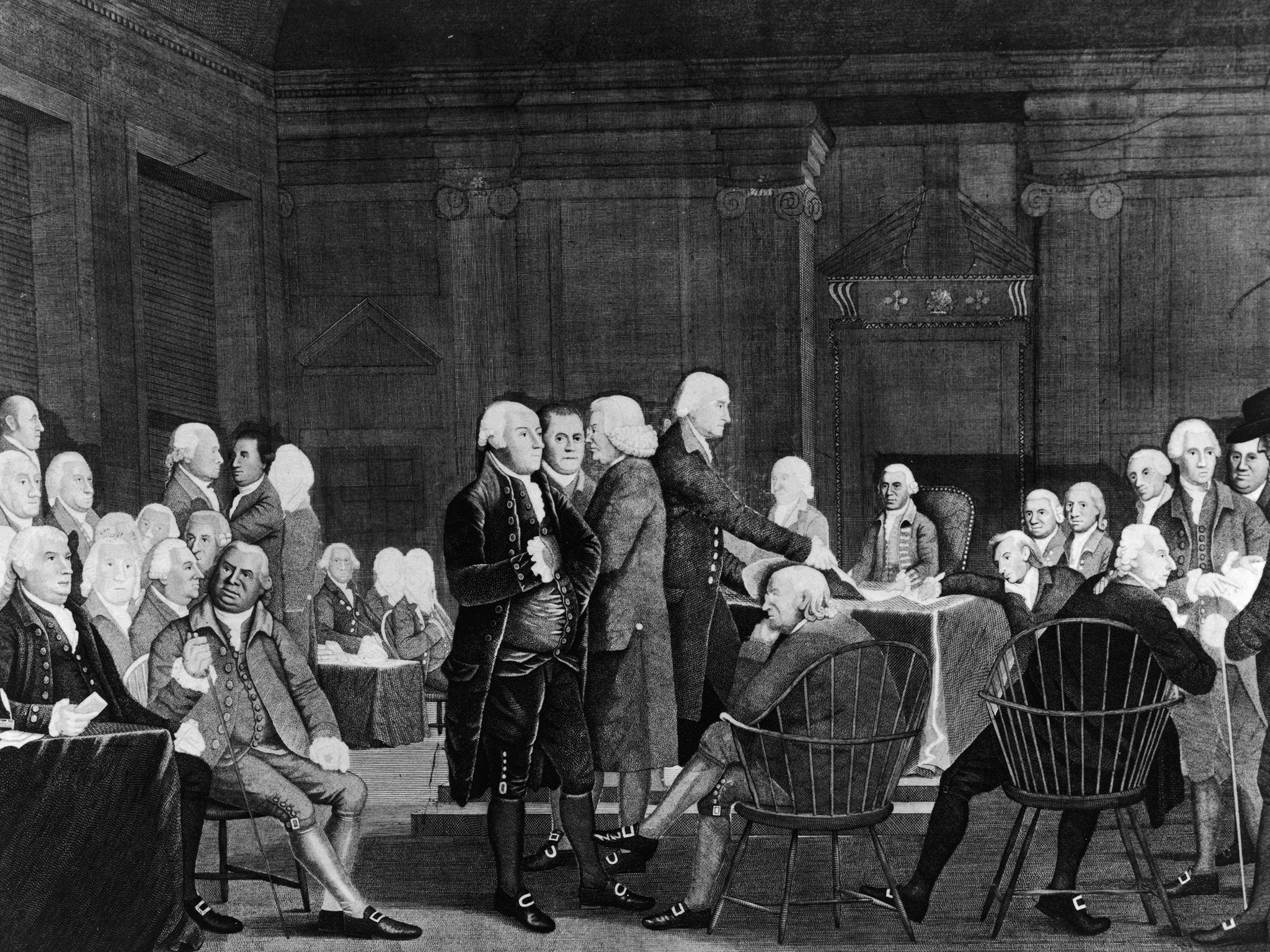Five presidential nominees who won popular vote but lost the election
The 2016 election was not the first time a candidate won more votes than their rival and lost the electoral college

Your support helps us to tell the story
From reproductive rights to climate change to Big Tech, The Independent is on the ground when the story is developing. Whether it's investigating the financials of Elon Musk's pro-Trump PAC or producing our latest documentary, 'The A Word', which shines a light on the American women fighting for reproductive rights, we know how important it is to parse out the facts from the messaging.
At such a critical moment in US history, we need reporters on the ground. Your donation allows us to keep sending journalists to speak to both sides of the story.
The Independent is trusted by Americans across the entire political spectrum. And unlike many other quality news outlets, we choose not to lock Americans out of our reporting and analysis with paywalls. We believe quality journalism should be available to everyone, paid for by those who can afford it.
Your support makes all the difference.When Hillary Clinton conceded the 2016 presidential election and urged young girls and women not to “lose hope”, at least 61 million of her voters may have been shocked and sad, even angry.
But when Donald Trump soared past Ms Clinton on the electoral college system, more than 60 million of his voters were celebrating and triumphant.
The November 8 election was not the first time that a presidential nominee had won the popular vote - Ms Clinton has a lead of at least one million votes - but lost overall.
The current system started before the Civil War. In 1824, Andrew Jackson won the popular vote but received less than half of the electoral votes. He lost out to John Quincy Adams.
A few decades later, in 1876, Samuel Tilden won the popular vote but lost the election by one electoral vote to Rutherford B Hayes.
In 1888, Grover Cleveland also clinched the most popular votes in the country but conceded his 168 electoral college votes to Benjamin Harrison’s 233 electoral votes Read more
Fast forward more than a century to the year 2000. Democrat Al Gore won the popular vote but lost out to George W Bush. The result was so close in Florida - a key battleground state - that Mr Gore contested it and the case went all the way up to the Supreme Court. The recount of ballots led to Mr Bush gaining 271 electoral votes versus Mr Gore’s 255 votes.
Mr Trump, the celebrity and real estate mogul turned 45th president of the United States, threatened to not accept the election result unless he won, claiming that the democratic system that had been in place since the Founding Fathers was "rigged" with widespread voter fraud.
When the married father of five won swing states including Florida, North Carolina, Michigan and Pennsylvania, he accepted the result, but tweeted that it was "unfair" that thousands of people across the country were being "paid" to protest against him.
Join our commenting forum
Join thought-provoking conversations, follow other Independent readers and see their replies
Comments